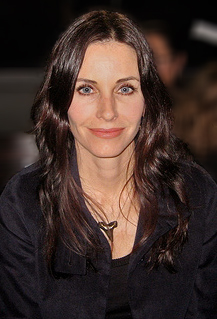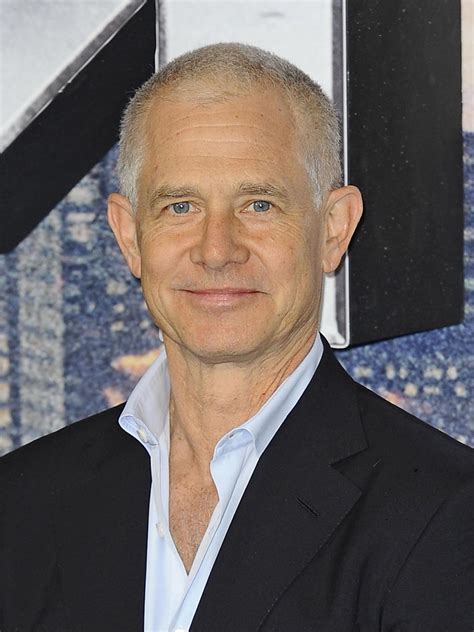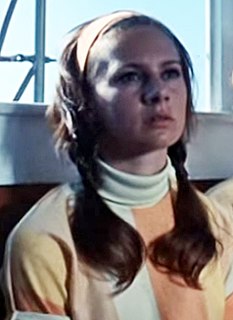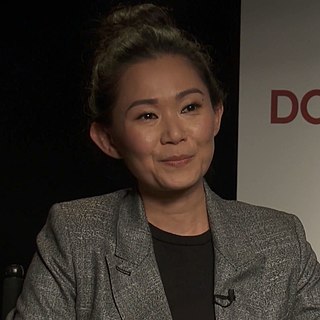A Quote by Winston Duke
I like to go into things, and I like to make the most bold choice to tell the particular story being told.
Related Quotes
I want you to know who I am: what the streets taste like, feel like, smell like. What the cops talk like, walk like, think like. What crackheads do - I wanted you to smell it, feel it. It was important to me that I told the story that way because I thought that it wouldn't be told if I didn't tell it.
Independent films are very hard to get made, but I'm lucky enough to get them made, so I'm going to keep doing it. I like my independence. I like being able to tell a story the way I want to tell a story. I don't like developing it with a team. I like coming to a story and deciding whether I want to do it or not.
One of the ways in which writers most show their inventiveness is in the things they tell us about how they write. Generally speaking, I don't like to make a plan before I've written a story. I find it kills the story - deadens it, makes it uninteresting. Unless I'm surprised by something in a story, the reader's not going to be surprised either.
I like to focus on stories that need to be told and are not told enough. When I get bit by that bug, and the story is saying, 'You must tell me,' I then go through a process which is often painful and arduous, and long - and joyful! - of submitting to the story until I prove a worthy enough vessel to get it out.
So often with beginning writers, the story that they want to start with is the most important story of their life - my molestation, my this, my horrible drug addiction - they want to tell that most important story, and they don't have the skills to tell it yet, so it ends up becoming a comedy. A powerful story told poorly becomes funny, it just makes people laugh behind their hands.
I think the key for us is really letting the stories we feel are best told to kind of dictate where we go. When we find a story we really believe is one that should be told, how do we best tell it and you know what do we need to tell that story most effectively? I think to the good, the universe is such that there are a lot of options, there a lot of opportunities. So that's kind of what's guiding us.
Sometimes the music just has to tell the story without you trying to tell the story. It depends on the type of music you want to make. If it makes you feel good and party then you go with that. If it makes you feel like speaking on something real and doing a story then it's the beat just has to have the story.
[Eugene Smith] was always writing these diatribes about truth, and how he wanted to tell the truth, the truth, the truth. It was a real rebel position. It was kind of like a teenager's position: why can't things be like they should be? Why can't I do what I want? I latched on to that philosophy. One day I snapped, hey, you know, I know a story that no one's ever told, never seen, and I've lived it. It's my own story and my friends' story.
Vera said: 'Why do you feel you have to turn everything into a story?' So I told her why: Because if I tell the story, I control the version. Because if I tell the story, I can make you laugh, and I would rather have you laugh at me than feel sorry for me. Because if I tell the story, it doesn't hurt as much. Because if I tell the story, I can get on with it.



































